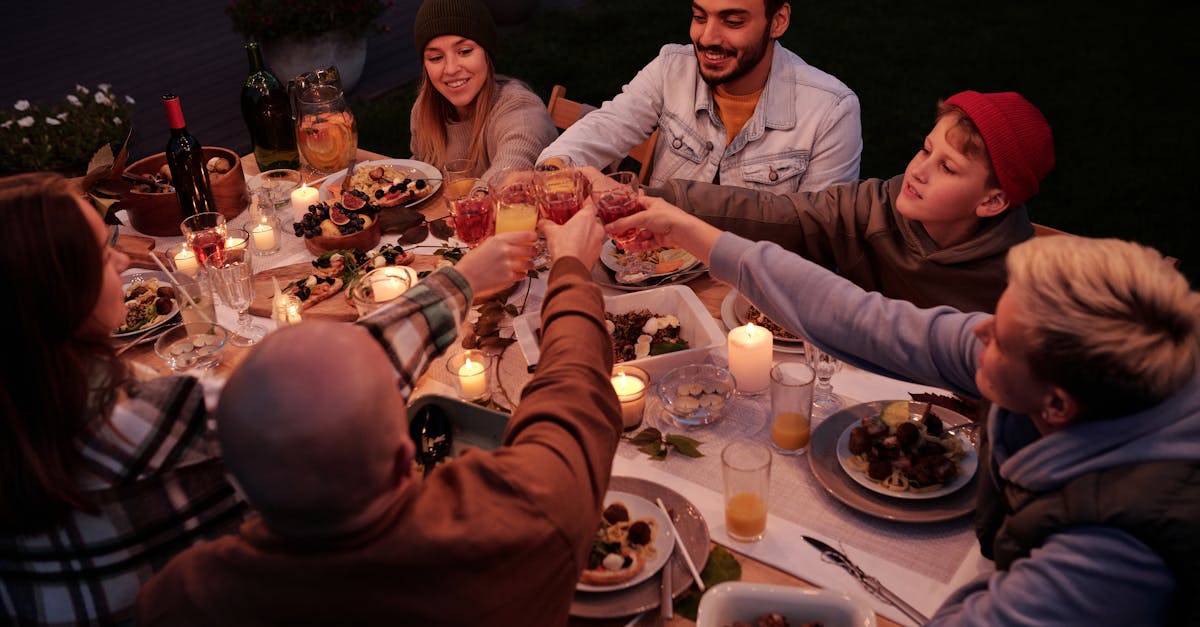Why Eco-Friendly Parenting Matters
Ever wondered how your parenting choices affect the planet? Eco-friendly parenting means making choices that protect the environment. Our little ones inherit our world, so it’s crucial to reduce waste and use sustainable resources. Need a convincing reason? Sustainable practices help conserve the environment, which benefits everyone, including future generations. It’s also more cost-effective in the long run. Let’s dive into some easy, actionable tips for making your home a green haven.

Start embracing eco-friendly parenting today to secure a better tomorrow for our children and the planet.
Easy Tips for Daily Green Living
Starting small is key. Swapping out plastic bags for reusable ones is a great start. How about replacing disposable diapers with cloth ones? Not only do they save money in the long run, they’re also better for the environment.
Composting can seem intimidating but is easy to start! All you need is a small bin and some kitchen scraps. The same goes for switching to energy-efficient light bulbs and cutting down on water use. It’s not about being perfect but making incremental changes over time.

Sustainable Toys and Products for Toddlers
Did you know that many toys are made from harmful plastics? Opt for wooden or fabric toys instead. They are safe, durable, and sustainable. Wooden blocks, plush toys, and even cloth books are excellent for your toddler’s development and are much gentler on the Earth!
Moreover, consider secondhand toys. Not everything has to be brand new. Swapping toys with other parents or checking out thrift stores can be fun and reduce waste.

Eco-Conscious Meal Planning
Feeding toddlers can be challenging, but planning eco-friendly meals doesn’t have to be. Here are some simple tips to help you make a difference:
- Shop Local and Seasonal: Purchase produce that is locally sourced and in season to reduce transportation emissions.
- Grow a Small Garden: Involve your little ones in growing a small garden. Even growing a few herbs can have a positive impact.
- Cook in Bulk: Save energy and time by preparing meals in bulk. It’s efficient and reduces waste.
- Avoid Single-Use Plastics: Opt for stainless steel or glass containers instead of single-use plastics for storage. It’s better for the environment.
- Involve Your Toddler: Make meal prep a fun and educational activity by including your toddler. It’s a great way to teach them about food and sustainability.
Remember, small changes can make a big impact. Start incorporating these eco-conscious meal planning practices into your routine today!

Teaching Toddlers About Sustainability
Wondering how to teach sustainability to someone who thinks a shelf is a mountain? It’s simpler than you think. Read books about nature and the environment with them. Make recycling a game; kids love sorting! Explain why we save water and pick up litter. Show them how plants grow—start with seeds in a cup. Use everyday activities to instill habits. Remember, kids are like sponges. They mimic what they see, so your actions make a big difference.

Resources and Communities for Eco-Friendly Parents
Finding like-minded individuals can be a lifesaver. Join local or online communities to share tips and experiences. Facebook groups, local clubs, and parenting forums often have eco-friendly sections. Utilize these resources for advice, encouragement, and practical help. Don’t overlook apps and blogs dedicated to sustainable living. Being part of a community makes the journey less lonely and much more enjoyable. Plus, you’ll be making friends who share your values!

